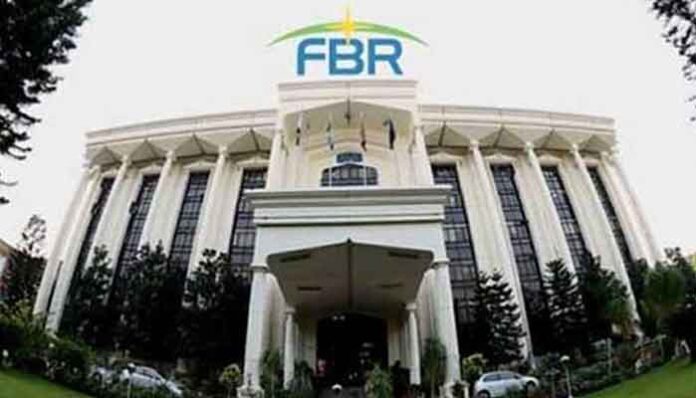ISLAMABAD: In order to stop the misuse of the temporary import facility available to tourists, the Federal Board of Revenue has further amended rules of carnet de-passage/temporary importation of vehicles by foreigners/expatriate Pakistanis.
FBR on Tuesday, issued SRO 533 (I)/2023 dated 08.05.2023 to amend the rules pertaining to the temporary importation of vehicles. The SRO amended the temporary importation of vehicles’ rules covered under Chapter VI of the Customs Rules 2001.
Under the new rules, definition of the “tourist” has been updated and new provisions have been incorporated to strictly monitor the carnet related information through Pakistan Customs Computerized System, by keeping close liaison with Federal Investigation Agency (FIA).
The passport of the tourist will be flagged with the carnet documents for proper reconciliation of vehicles imported under the carnet facility.
The officer in charge of the Customs station of exit shall make a stamped endorsement on the passport of the importer when a vehicle is imported and shall record the export in the customs computerized system and communicate it to the FIA.
The officer in charge at the end of each month shall carry out reconciliation of all vehicles entered through that customs station and any vehicles which are outstanding after the expiry of the retention period shall be identified and all necessary steps shall be taken for the recovery of duties and taxes thereon as well as for the seizure of such vehicles.
It has been reported that several benefactors had been misusing this facility to use and sell imported vehicles inside Pakistan at a cheaper rate. This was made possible due to heavy amounts of regulatory duties posed on the import of vehicles.





This is an amazin stepf of the govt. The memoth dealers always try to find a loophole in the systen to earn some amount. I appreciate this bold step of the Govt.